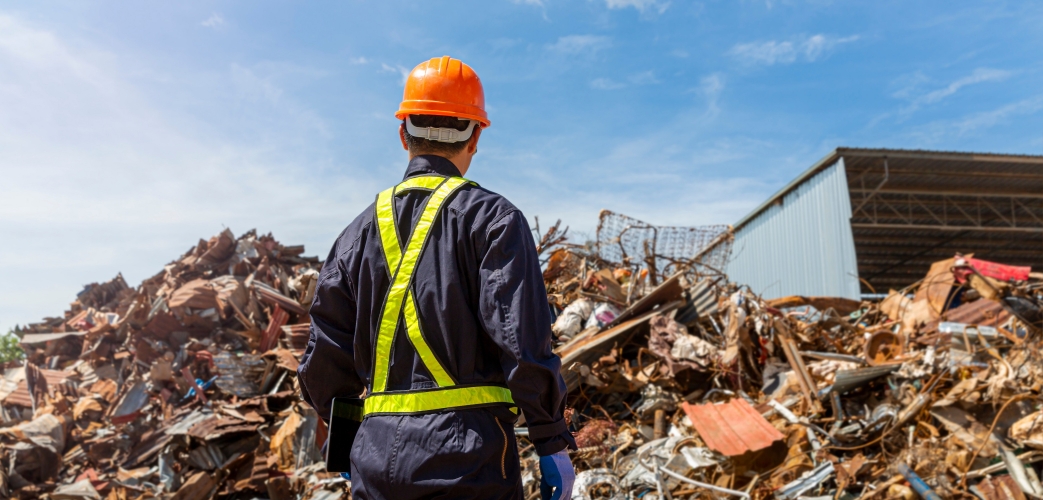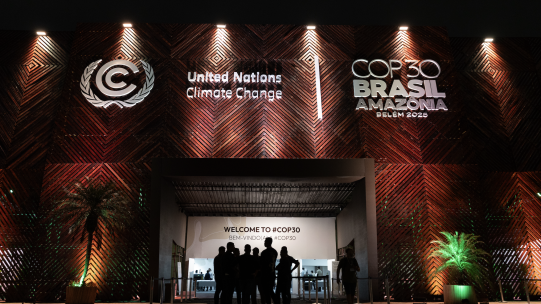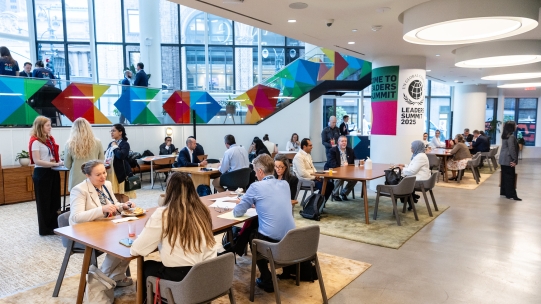Improving ways to recycle steel and changing the industry’s mindset
Read more

Steel can be endlessly recycled, yet too often it is not.
Interwell, a leading Norwegian energy service provider of premium technology, has recognized the value of scrap steel, which can be recycled without its properties being damaged or degraded.
With the demand for steel and demand for scrap metal growing, Interwell envisioned a new market concept to secure high-alloy metal as secondary scrap material in the lifecycle of steel.
The goal was to create a digital marketplace based on a circular economy, primarily for metal in Europe, by securing pure metal waste to be collected, sorted and sent back to smelters.
Interwell has participated in the United Nations Global Compact since 2019 and joined the Young SDG Innovators program in 2021.
Utilizing methods, feedback and innovation ideas from the UN Global Compact, the company’s plans benefited from in-depth knowledge of the Sustainable Development Goals – SDG 12 on responsible consumption and production, SDG 9 on building resilient infrastructure, promoting sustainable industrialization and fostering innovation and SDG 13 on combating climate change and its impact – and of sustainability overall as a driving force for innovative methods.
Initially, Interwell found the most skeptical stakeholders were steel waste handlers, as its plan would compete with the solutions the handlers offered customers and could take away a revenue source from them.
In response, Interwell looked to SDG 17 – strengthening and revitalizing the global partnership for sustainable development – to focus on the shared benefits that could come from its recycling solution.
The project, it determined, would remove unnecessary risk further down the value chain and increase the collection of pure waste, requiring fewer resources spent and generating better-quality scrap for steel waste handlers to supply to smelters.
“The changes we made within our company were easy to implement, with top management commitment and support,” said Hilde Marie Finbak, the company’s global ethics and compliance officer. “But to change a whole industry and ecosystem for waste handling is a bigger challenge with an immense impact potential.”
Using recycled metal means a 58% reduction of CO2 emissions, and 72% less energy is needed, compared with primary production, according to the company. It also means an 86% reduction in air pollution, a 40% reduction in water use and a 78% reduction in water pollution.
Interwell has changed the ways in which it disassembles and sorts waste, cutting out the middle party in the waste management process and delivering pre-sorted metal fractions straight to the scrap dealers. The dealers, in turn, supply the smelters and ensure that the sorted metals are pure throughout their life cycle.
As a consequence, the company benefits by yielding a higher return on its metal waste by sorting out that which is more valuable. At the same time, its waste handlers benefit by spending less time sorting through the waste and receive pure fractions they, in turn, can sell to smelters as secondary raw material.
Along the way, the company has also looked at its design process and how it incorporates used components into new products.
Looking ahead, the company would like to put the spotlight on the circular economy and cradle-to-grave assessment for components other than steel to determine if the same concept can be utilized more widely.
The project has also prompted a new dialogue in the industry.
“We have created worthwhile dialogue with our providers and have initiated collaboration with our critical suppliers for projects for ESG reporting and decarbonization initiatives,” Finbak said.
Asked what advice she would offer other companies thinking about recycling, she said: “Challenge existing practices and invite your vertical value chain to collaborate on how to improve and create an ESG impact.”

